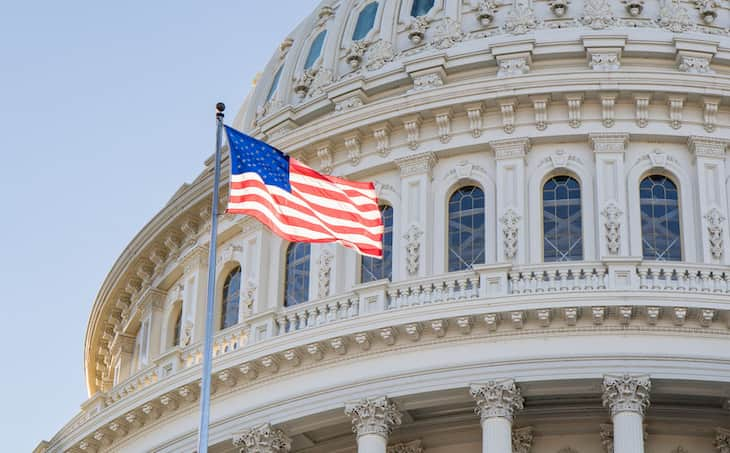
Cannabis is still making history on Capitol Hill. Even though marijuana legalization by the Federal government may not be near, Congress has taken early steps trying to understand how to research and regulate the plant. The Health subcommittee is one of the latest subcommittees of the US House Committee on Energy and Commerce to dive into the cannabis world.
No policy decisions were made or any votes cast on January 15. However, the 3 1/2-hour hearing marked the first-ever cannabis hearing for the Energy and Commerce committee. The hearing offered an opportunity for legislators’ temperatures on cannabis legalization to come out. Also, it revealed most of the actions taken by three government agencies up to today wielding considerable influence over how marijuana is possessed, researched, and consumed.
2020 Could Be A Defining Year
That hearing served as the backdrop for the “Cannabis Policies for the New Decade.” It also acted as a quasi post-Prohibition landscape that comprises of 11 states that have legalized the sale and possession of marijuana for adult use. Also, it consists of 22 other states that have set up medical cannabis laws.
Notably, cannabis is still illegal federally, which has created a conflict of interest resulting in complications in areas like taxes, banking, and commerce. The states are quite ahead of where America is federally concerning recreational marijuana.
During the hearing, legislators dived into the cannabis’ chicken-and-egg problem. This plant remains a Schedule I substance, which is the most restrictive class. It is identified as having no medical use whatsoever due to the lack of conclusive research. However, research is hindered due to the restrictive classification.
Officials from the US Drug Enforcement Administration, the US Food and Drug Administration, and the National Institutes of Health offered their testimony in this hearing. Some lawmakers believe that the government has hidden behind the Catch-22 for a long time.
Today, the University of Mississippi is still the only supplier of research-grade cannabis for federally approved trials. But, the cannabis made available for research is considered to be a “sub-par” material by scientists. They believe that it does not represent the many products and potencies that are available for sale in different states that have legalized recreational marijuana.
According to the senior policy adviser for the DEA’s Diversion Control Division, Matthew Strait, the agency is striving to eliminate barriers to research. Moreover, it is moving swiftly to create more regulations to open up the new sector and expand the number of licensed cultivators.
The FDA’s review of the compound cannabidiol (CBD) remains ongoing. Reports suggest that the FDA is evaluating various researches to determine CBD’s safety and efficacy levels. It aims to minimize the non-drug pathways for compounds acquired from federally legal hemp. In turn, it will create avenues for several new drug development pathways using cannabis compounds.


